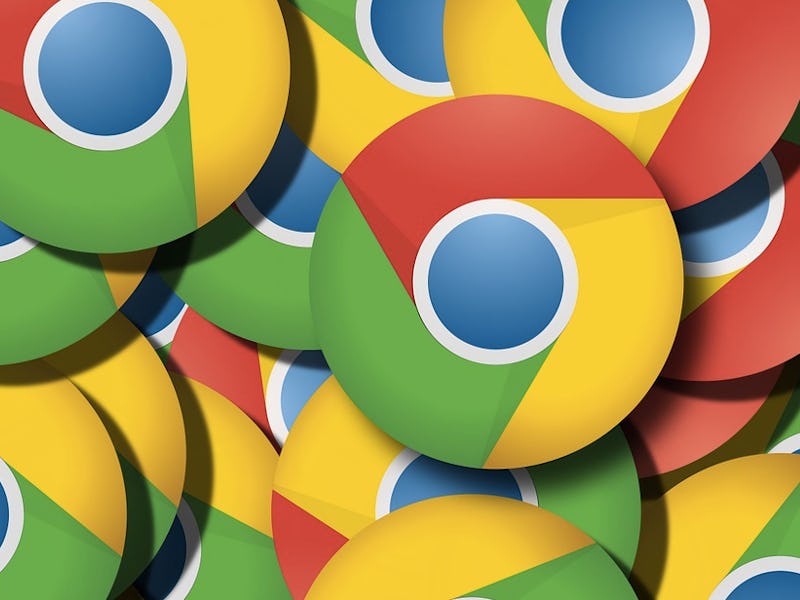Google Chrome Will Eliminate a Common Internet Annoyance in 2018
But there's more to come.

In a move that will likely appease the frustrations of internet users worldwide, Google has announced that the next few versions of Chrome will mute or entirely block autoplay video. Starting in January, those pesky, corner-of-the-screen videos that follow you as you scroll or browse a site will be muted, or they might not show up at all.
In a post on the Chromium blog published Thursday, Google tackled the annoyance of unexpected media playback, which it says can “use data, consume power, and make unwanted noise while browsing.”
In Chrome 64 (due out in January), autoplay will still occur if the media doesn’t play any sound, but the plan is to curtail autoplay’s abilities to scream at you, depending on your level of engagement with a site. What this means is that Chrome will allow autoplay to occur if a user taps or clicks on a site while they browse. Autoplay will also happen if a site has been added to the home screen on mobile, or a desktop user has frequently played media on a given site.
There’s also going to be a cool muting option with Chrome 63 (due out in October), according to the post:
Not all users have the same preferences for autoplay media, so Chrome 63 will add a new user option to completely disable audio for individual sites. This site muting option will persist between browsing sessions, allowing users to customize when and where audio will play.
Other than making browsing less annoying and limiting advertisers’ abilities to bombard you, Google’s decision is interesting because it signals an intent to create a more personalized, nuanced, and pleasurable browsing experience. Crappy, crowded ad space doesn’t work on the web, for publishers or users, as users will run away from ad-noisy websites or employ an ad-blocker.
But Google has also announced its intention to roll out its own version of an ad-blocker, and this is where things get a little more complicated. Based on standards set by the Coalition for Better Ads — an organization that Google is actually a member of — they’ll be adding an “ad filter” to the browser. “We plan to have Chrome stop showing ads (including those owned or served by Google) on websites that are not compliant with the Better Ads Standards starting in early 2018,” an announcement from June reads.
Combined with the limiting of autoplay, on the surface it seems like Google is just doing some necessary housecleaning for improving the user experience. However, given that Chrome controls about 55 percent of the web browser market, this leaves the Better Ads Standards with a lot of leverage in deciding what ads are suitable and what ads are not. Perhaps it will be the ones that are not owned by Google?
If you liked this article, check out this video about a terrifying Google algorithm.